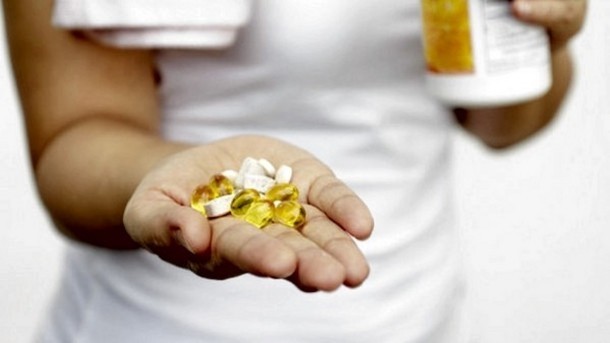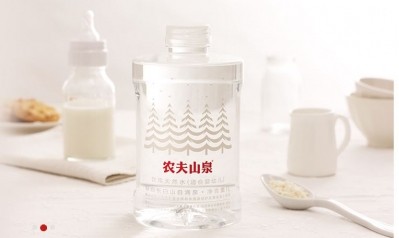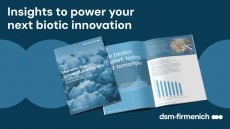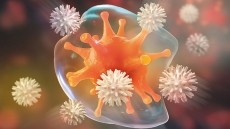Twenty per cent of Singapore infants given a supplement before the age of one

Research that the three most common products taken taken were multivitamins (9%), minerals such as iron and calcium (8.4%) and fish oil (8.2%). Others included individual vitamins (4%) - notably vitamin A, B12, C and D.
Other types of dietary supplements consumed included protein powder, spirulina, goat’s milk tablets, plant source oils and lysine supplements.
The study was undertaken because researchers said the documentation of infant feeding practices in multi-ethnic Asian populations was limited.
Therefore, they interviewed 842 mothers were interviewed regarding their feeding practices when the infants were aged nine and 12 months.
The study states: “At 9 and 12 months of age, a greater percentage of Indian infants (15.9% and 19.6%) were taking vitamin or mineral supplements compared to Chinese (11.8% and 16.5%) and Malay (10.3% and 13.9%) infants, although these ethnic differences were not statistically significant.”
In terms of probiotics, it found that Chinese infants were far more likely to be taking such items, compared with Malay and Indian children.
“A small percentage (5.7%) of infants was either given probiotic supplements such as probiotics drops or powder (4.4%) or probiotics-enriched foods (1.3%) such as cultured milk and cereals fortified with probiotics in their first year of life,” the study added.
“Probiotics were provided more commonly to infants were between 4–7 months (2.4%) and 8–12 months (2.9%), and to a small proportion in the 0–3 months group (0.5%). At 9 and 12 months of age, the percentage of Chinese infants (4.1% and 4.7%) taking probiotics was significantly higher than Malay (0.5% at both time points) and Indian (0.7% and 1.4%) infants.”
More than a tenth (15.7%) of infants were introduced to homeopathic supplements within the first 12 months of age. Some of the homeopathic supplements that were given to the infants included traditional Chinese medicine, Indian herbs and gripe water.
Most infants were provided homeopathic supplements on an ad hoc basis (9.3%), while some were given them every day (6.1%), with a minority having them on alternate days (0.6%). It was reported that these homeopathic supplements were recommended by family and friends (10.0%), self (4.2%), healthcare professionals (1.8%) or through sales (0.2%).
Consistent findings
“Overall, of 842 mother-child dyads in this study, 35.5% of the infants were given at least one type of dietary supplement during their first year of life. Mothers of these infants tended to be older (aged 30–34 years old), and had post-secondary education compared to those whose infants were not given supplements,” the report noted.
The researchers said infant supplement use in Singapore was found to be consistent with other studies around the world, and they hoped their research serves as a platform for future work to provide better health advice for infants among different ethnic groups.
“An understanding of existing local infant feeding practices can better inform public health policymakers on developing locally appropriate feeding recommendations based on guiding principles and standards set by WHO. Health professionals can also provide more targeted and culturally appropriate health advice to cater to differing feeding beliefs among the ethnic groups,” they concluded.
February’s NutraIngredients-Asia special edition newsletter will be a spotlight on Singapore, looking at the latest nutrition, business and consumer trends in the City State.
Source: Nutrients
doi:10.3390/nu8050293
“Infant Feeding Practices in a Multi-Ethnic Asian Cohort: The GUSTO Study”
Jia Ying Toh, et al



















